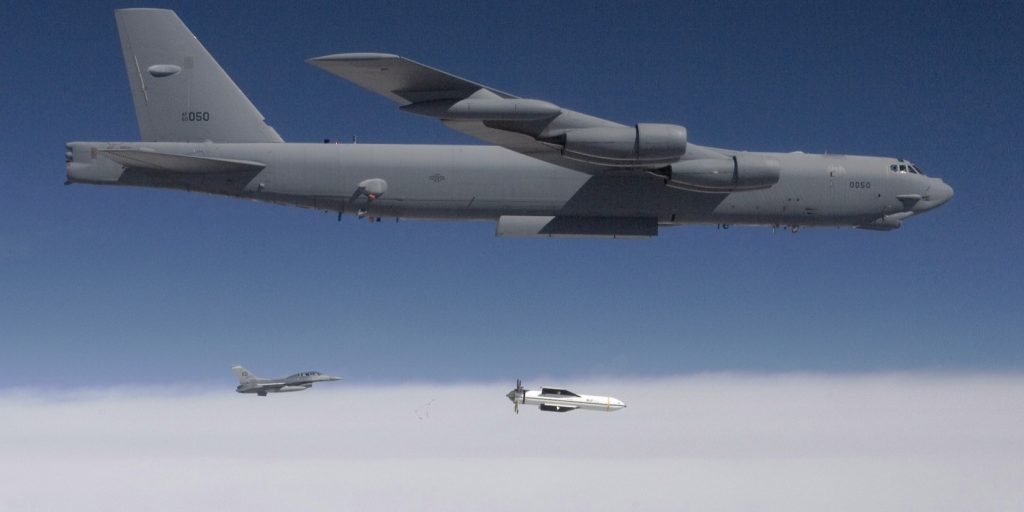Some believe that only a tactical nuclear weapon will be enough.
Others are reading now
Some believe that only a tactical nuclear weapon will be enough.
What is happening?
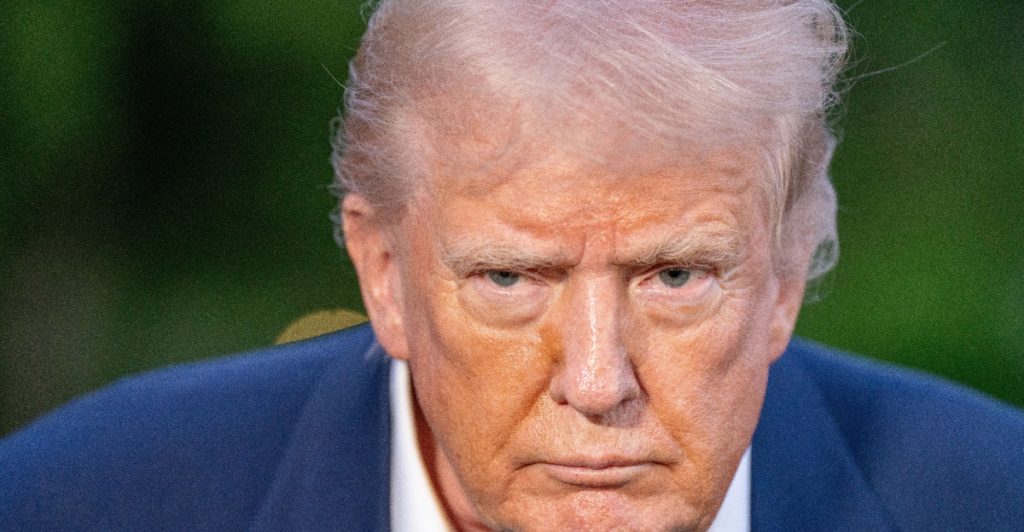
US President President Donald Trump reportedly expressed willingness to strike Iran’s Fordow nuclear facility—on one condition:
The “bunker buster” bomb must be certain to destroy the deeply buried site.
And whether the bunker buster is actually guaranteed to do the job is matter of deep contention, The Guardian reports.
Also read
GBU-57: Powerful, But Not Perfect
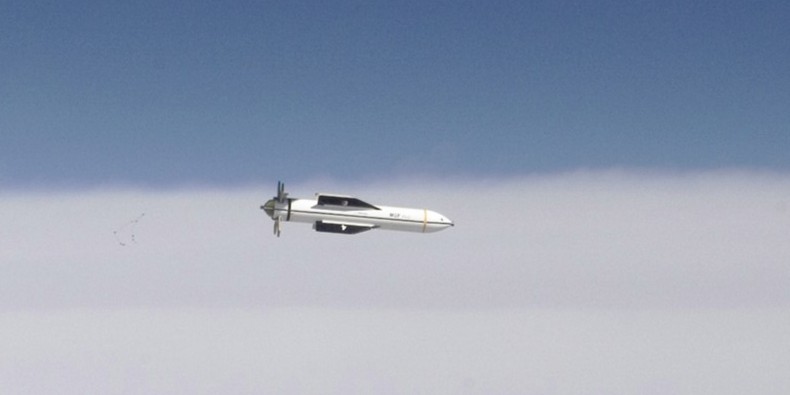
The weapon in question, the GBU-57, is a 30,000-pound bomb built to destroy fortified underground targets.
While defense officials believe it could significantly damage Fordow, Trump allegedly remains skeptical.
Doubts persist over whether it can fully obliterate the facility, which is buried deep within a mountain.
Pentagon Divided
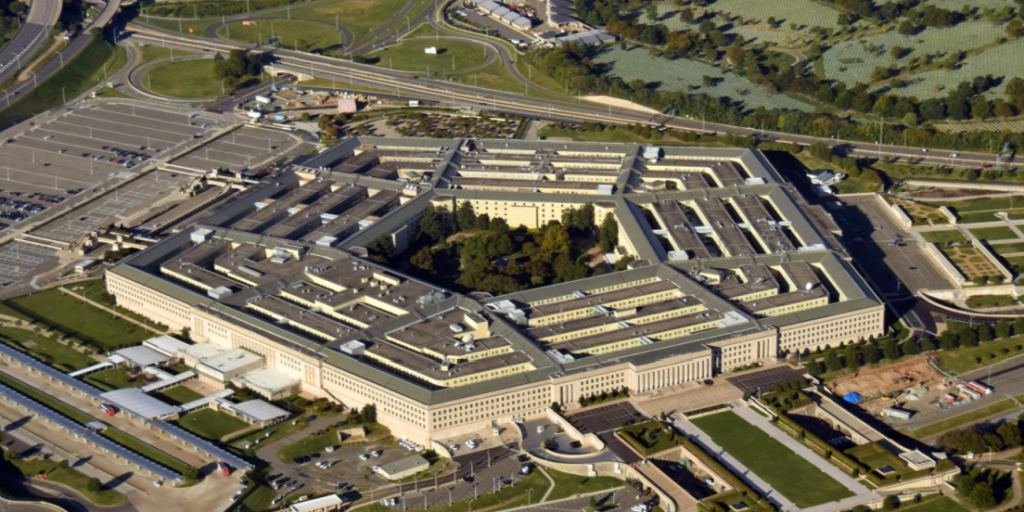
Two defense officials revealed that some believe only a tactical nuclear weapon could achieve full destruction—though this option has not been proposed or considered by Trump or his top advisers.
Tactical Nukes Off the Table
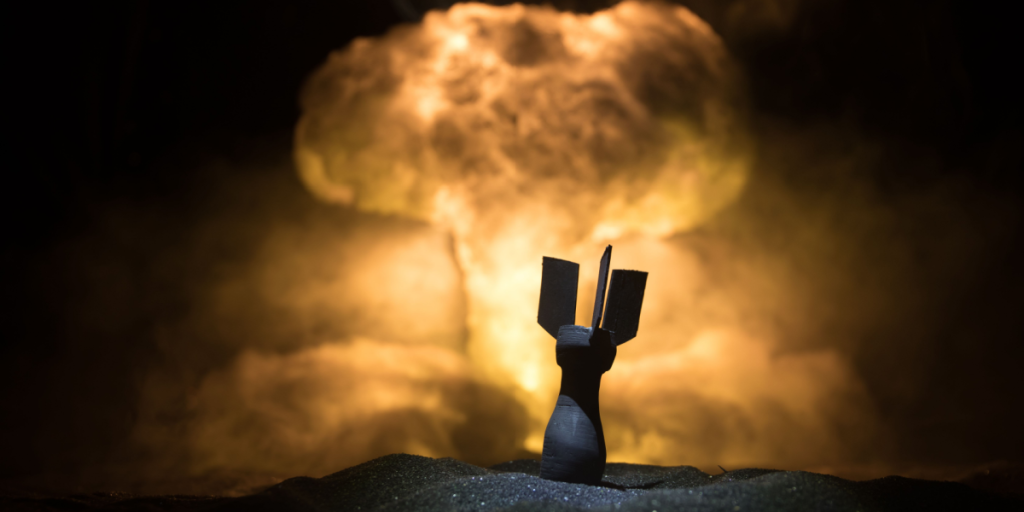
Despite dire assessments of the GBU-57’s limitations, Trump is not contemplating the use of a tactical nuclear weapon.
Briefings by Defense Secretary Pete Hegseth and Joint Chiefs Chairman Gen Dan Caine never included such a scenario, multiple sources confirmed.
Conventional Bombs May Only Delay Iran’s Program
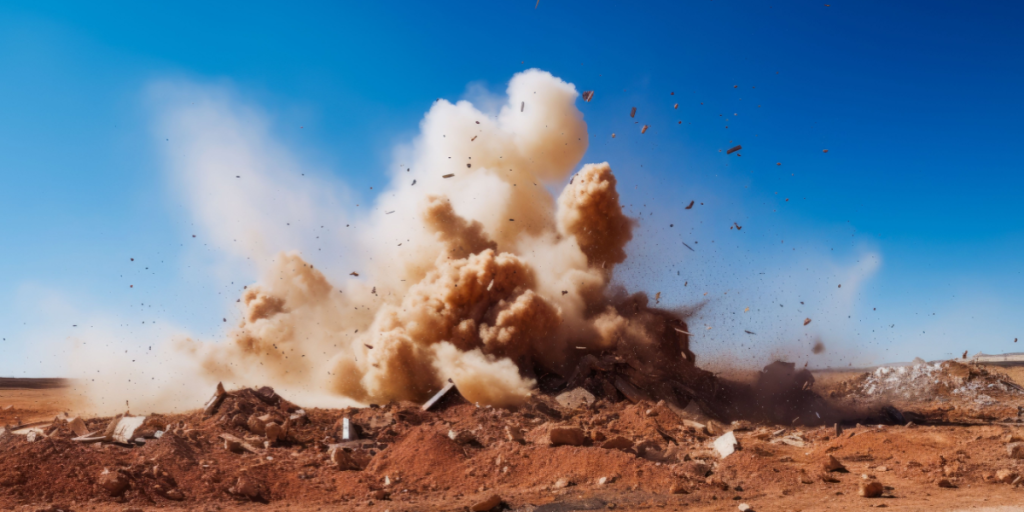
Analyses suggest that a conventional strike, even using several GBU-57s, might only collapse access tunnels and bury parts of Fordow—delaying Iran’s nuclear ambitions but not eradicating them.
The facility could potentially be rebuilt within months or a year.
Fordow’s Extreme Depth Poses a Major Challenge
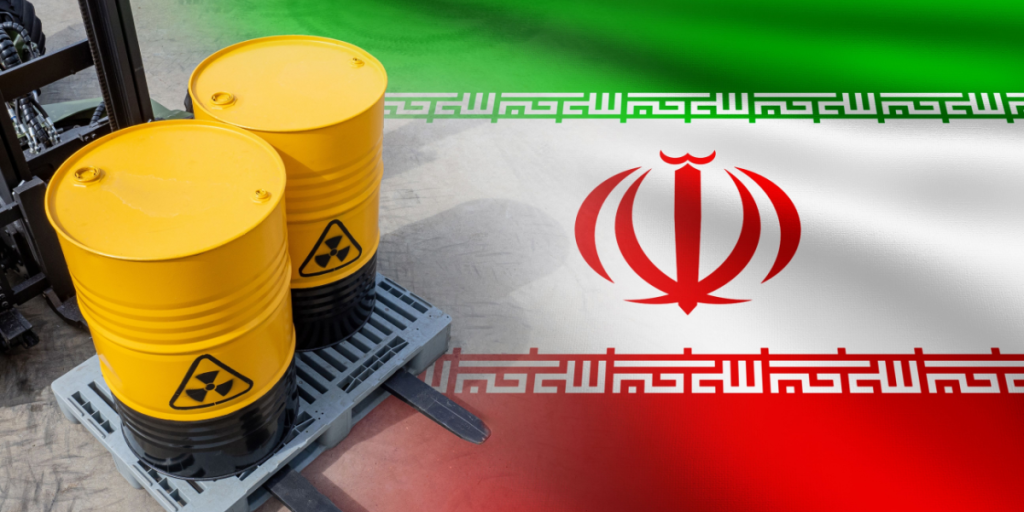
Israeli intelligence estimates Fordow is buried up to 300 feet underground.
According to the Defense Threat Reduction Agency, this makes it nearly impervious to all but the most powerful weaponry.
Bombing Fordow Might Buy Time—But Not End the Threat
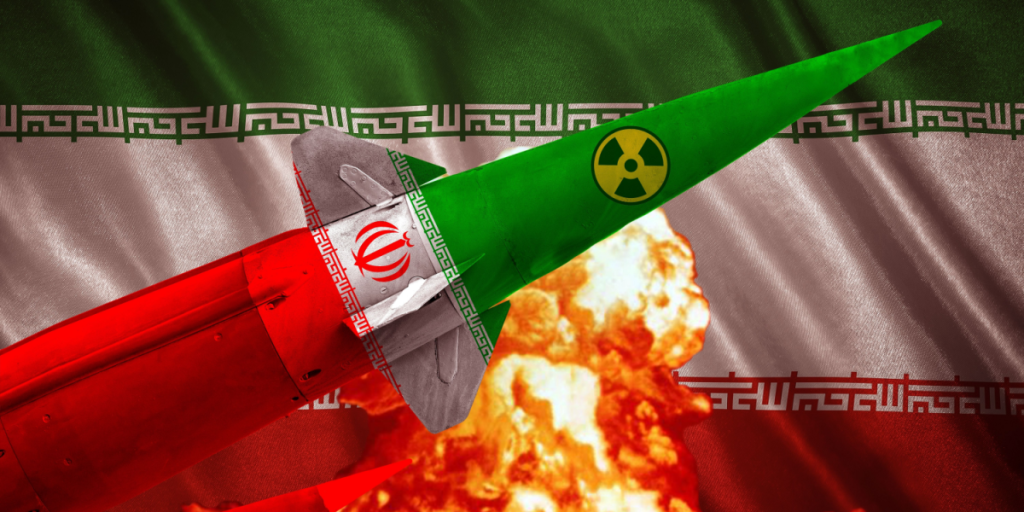
Experts believe a GBU-57 strike could delay Iran’s enrichment capabilities by up to a few years. However, it wouldn’t eliminate the program altogether.
According to The Guardian, retired DTRA deputy director Maj Gen Randy Manner warned the damage might not be lasting: “It sounds good for TV but it’s not real.”
The Geopolitical Stakes Are High
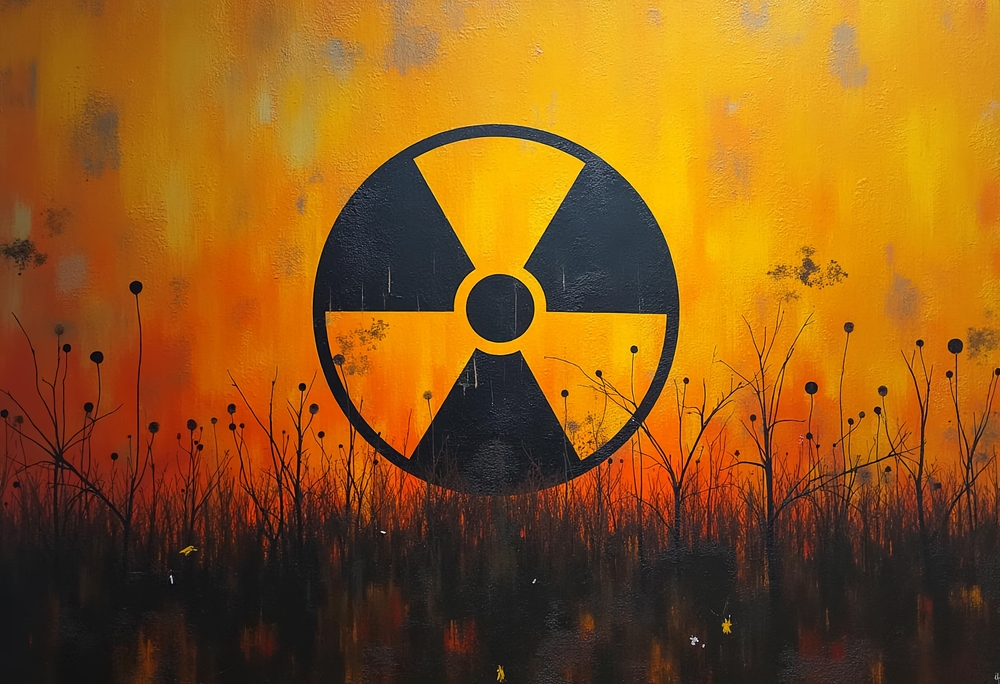
Taking Fordow offline is seen as vital to curbing Iran’s nuclear ambitions.
The International Atomic Energy Agency recently detected uranium enriched to 83.7% at the site—dangerously close to weapons-grade.
Israel Lacks the Tools for a Solo Operation
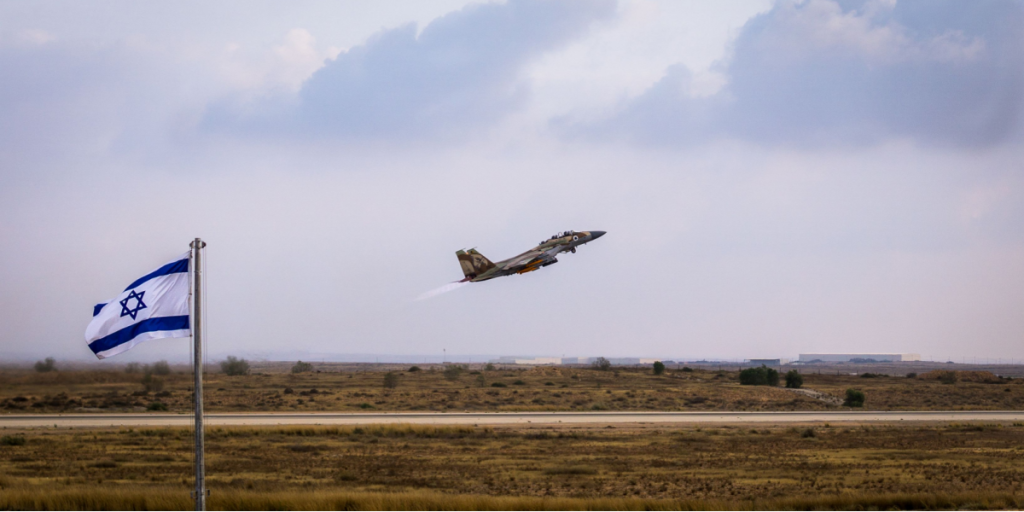
While Israel has long planned for contingencies, it does not have the aircraft or munitions to strike a facility as fortified as Fordow.
Past proposals—including a commando raid via helicopter—were reportedly dismissed by Trump as too risky or impractical.
Why Fordow Went Underground
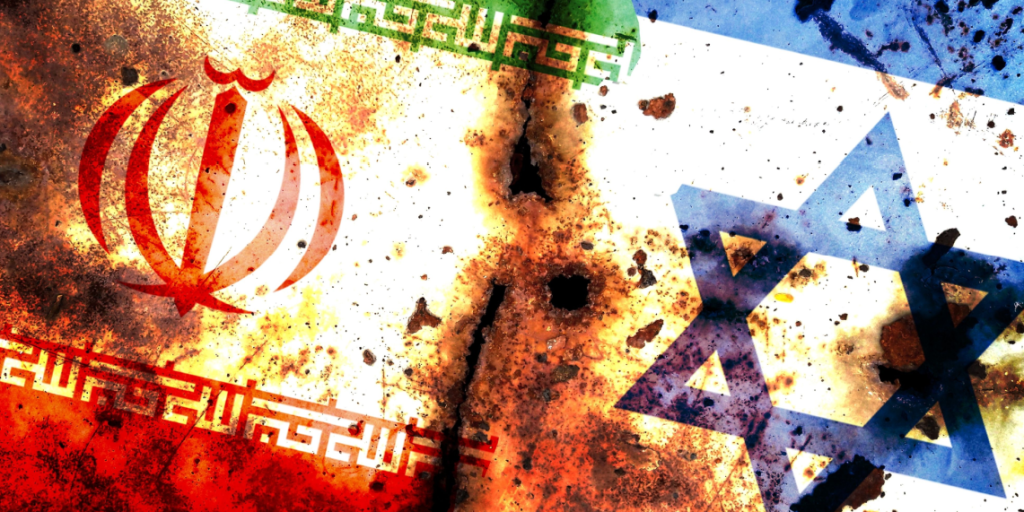
Iran’s decision to hide Fordow deep in the mountains wasn’t accidental.
After Israel bombed Iraq’s Osirak nuclear reactor in 1981, Iran learned the value of underground defenses.

